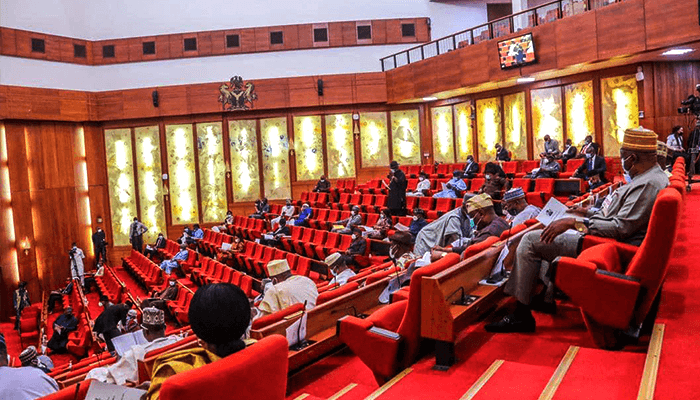The Nigerian Senate has approved a statutory budget totalling ₦1.81 trillion for the Federal Capital Territory (FCT) for the 2025 financial year, following the bill’s third reading.
The approval came after Senator Mohammed Ibrahim presented the harmonised report of the joint committee, which incorporated recommendations from both the Senate and the House of Representatives.
The report was prepared in line with Sections 62, 80, 88, 89, and 299 of the 1999 Constitution (as amended).
READ ALSO: APC sets ₦20m fee for FCT chairmanship forms
According to the breakdown, the budget will be funded through projected revenue for the year.
Personnel expenses are allocated ₦150.35 billion (8.29%), overheads are pegged at ₦352.03 billion (19.41%), and capital development receives the largest portion—₦1.31 trillion (72.31%).
The total recurrent expenditure, which includes both personnel and overhead costs, stands at ₦502.38 billion.
The significant capital allocation underscores the government’s intention to boost infrastructure across Abuja and its satellite towns.
The joint committees noted that the budget was the result of in-depth consultations with FCT Minister Nyesom Wike and senior officials of the FCT Administration.
The spending plan aims to fast-track infrastructural growth, improve essential services, and meet the rising demands of residents in the capital city.
During his budget defence at the Senate the previous week, Wike raised concerns over escalating security issues and the strained state of healthcare delivery in the territory.
He urged a swift and unified national response to address the challenges.
Wike also highlighted Abuja’s strategic importance as the nation’s administrative and diplomatic core, stressing the need for a tailored and robust security architecture.
READ ALSO: Senate approves bill for establishment of FMC in Kafanchan, Kaduna
On healthcare, the former Rivers State governor revealed that the FCTA recently acquired advanced diagnostic machines to upgrade health services across the FCT.
He described the move as a major stride in the administration’s broader effort to enhance access to quality medical care.



